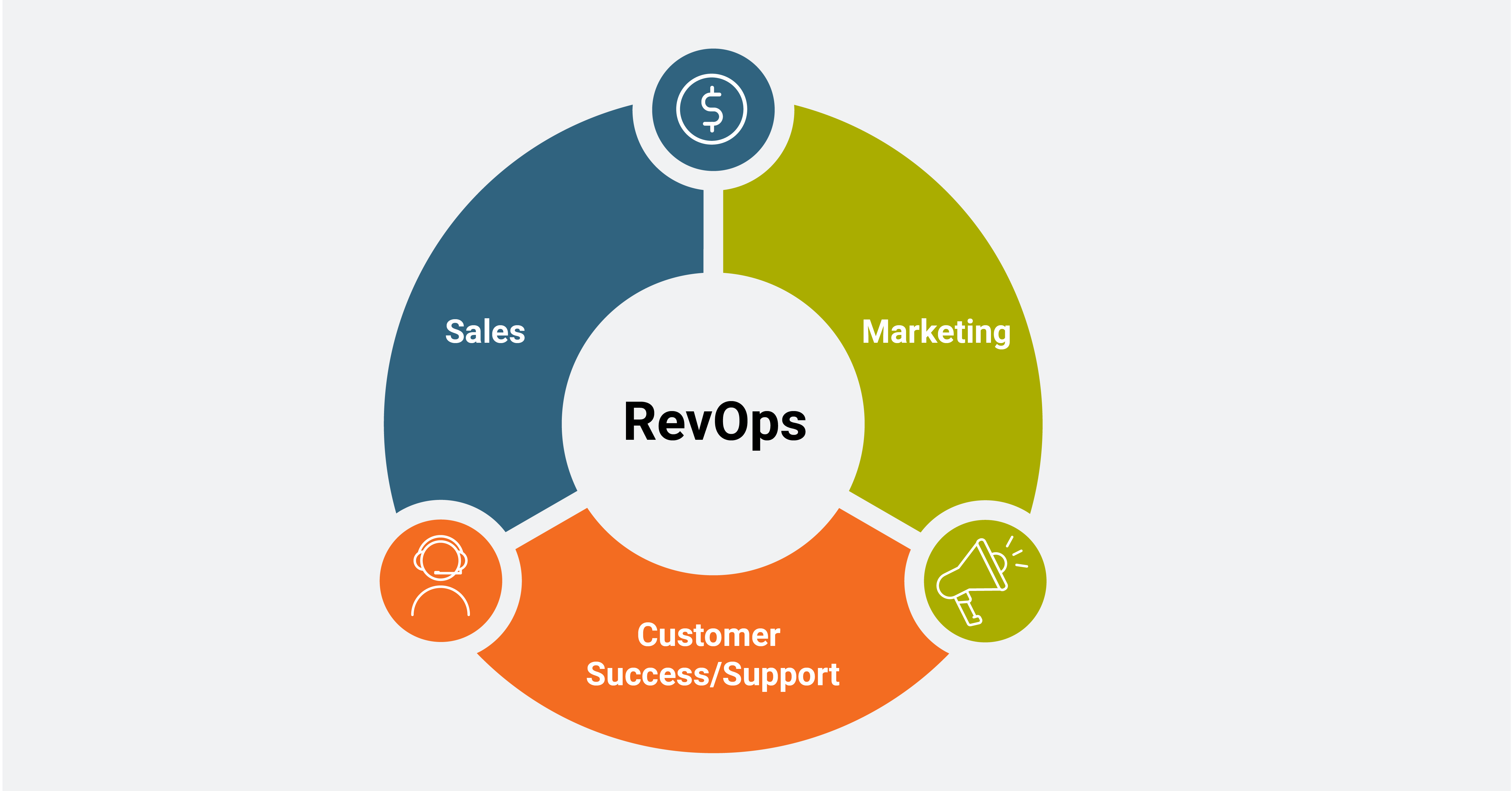
Hello and welcome back to Max Q! Thanks for everyone who came to TC Sessions: Space in Los Angeles on December 6. I even had the pleasure of meeting a few Max Q readers — fair to say, one of the highlights of the event.
In this issue:
- SpaceX debuts defense-focused business line
- Slingshot’s new round of funding
- News from ispace, Metaspectral and more
The dual-use nature of broadband satellite services came into sharp relief during the Russia-Ukraine war, with Ukranian forces partly relying on SpaceX’s Starlink for their communications. It seems that SpaceX has decided to lean into that, with the launch of Starshield, a new business line that will provide “government entities” with secure comms and other services.
The brand, which may be a subsidiary, is now sitting alongside Dragon, Starlink and Starship on SpaceX’s website, which may reflect its importance. But much about Starshield is still unknown, and the company’s providing scant details so far. We’ll keep our ears to the ground about what the business vertical entails in the coming weeks.

Image Credits: T-Mobile
Space is packed with human-made objects, and will likely only get more crowded with the continued growth of the space industry. Spacecraft operators have surprisingly little real-time data about where things actually are in orbit, especially in relation to each other.
Enter Slingshot Aerospace. The company is building a real-time “digital space twin” so that operators can keep their assets safe and secure while in orbit. Investors are certainly paying attention. The company has closed $40.85 million in Series A-2 funding, led by Sway Ventures and with participation from C16 Ventures, ATX Venture Partners, Lockheed Martin Ventures, Valor Equity Partners and Draper Associates. Slingshot also received a venture loan for an undisclosed amount from venture lending firm Horizon Technology Finance.

Image Credits: Slingshot Aerospace
More news from TC and beyond
- Blue Origin and Dynetics have each submitted proposals for a NASA Sustaining Lunar Development (SLD) contract. Blue’s team includes Lockheed Martin, Draper, Boeing, Astrobotic and Honeybee Robotics. The winning contractor would develop a lunar lander under the agency’s Artemis program. (Reuters)
- Blue Origin is still quietly conducting New Glenn component testing at its site at Kennedy Space Center, including fairing testing last week. (NASA Spaceflight)
- China is already considering an expansion to its just-completed Tiangong space station. (SpaceNews)
- Dawn Aerospace, a startup developing a launch system that uses an orbital spaceplane, raised $20 million at a NZ$170 million ($108 million) valuation. (Dawn Aerospace)
- dearMoon, a Japanese billionaire’s project to send himself and eight crew members to the moon aboard a SpaceX Starship rocket, now has an all-civilian crew. The crew members include Steve Aoki and Tim Dodd, the host of “Everyday Astronaut.” (Endgadget)
- Mangata Networks will open a new space engineering and manufacturing hub in Scotland, supported by a funding package totaling £83.7 million ($102.3 million). (Via Satellite)
- Relativity Space’s Terran 1 rocket has rolled out of the hanger and is now vertical on the launch pad ahead of its first orbital flight. (Relativity)
- SpaceX launched 40 satellites for its ostensible competitor, OneWeb, after the latter company desisted from using Russian Soyuz rockets. (CBS)
- SpaceX’s Super Heavy Booster 7 prototype has returned to the factory after being subjected to a number of tests, though the reason why is unclear. (Teslarati)
- Virgin Orbit is delaying its mission from Cornwall, England — the first-ever spaceflight launch from that country — for “weeks,” the company said in a statement. (TechCrunch)
Max Q is brought to you by me, Aria Alamalhodaei. If you enjoy reading Max Q, consider forwarding it to a friend.







